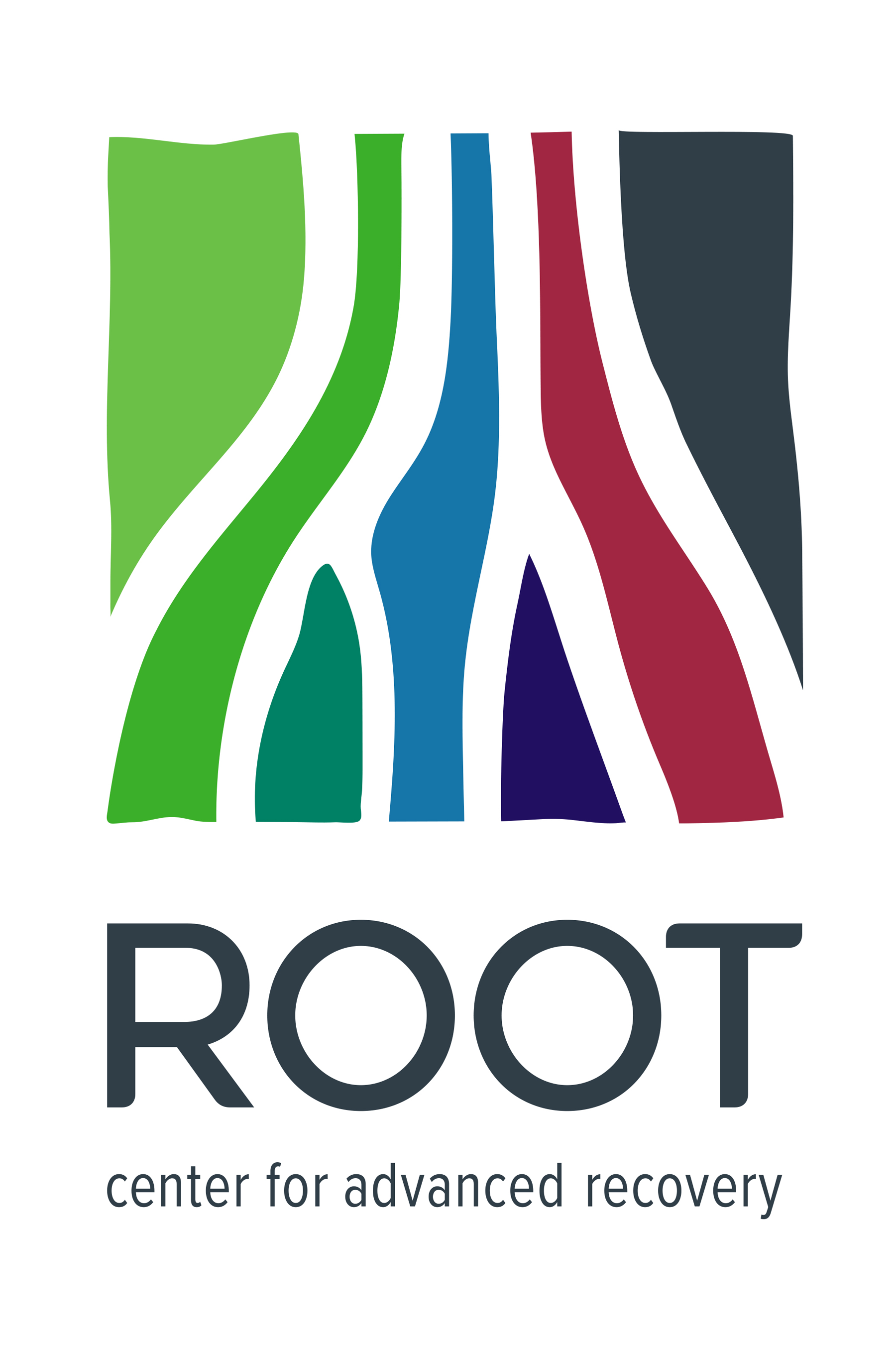Intensive Outpatient Program
SERVICES | INTENSIVE OUTPATIENT PROGRAM
What is IOP?
Root Center for Advanced Recovery’s Intensive Outpatient Program (IOP) for substance use disorders taps into our 50+ years of recovery expertise. This evidence-based, clinical treatment program is thoughtfully designed to support adults living with substance use and co-occurring mental health disorders. IOP provides a comprehensive and enriching therapeutic environment that allows attendees to participate in intensive treatment while residing at home and engaging in their everyday lives. This can be particularly beneficial to individuals who have family and work obligations, and those who are not able to commit to a residential-level program.
SERVICES | INTENSIVE OUTPATIENT PROGRAM
WHAT TO EXPECT
IOP consists of three hours of structured outpatient group therapy daily, with individuals participating 3-5 days a week depending upon clinical acuity. The program typically lasts between eight and 12 weeks, but the amount of time varies depending on individual needs, goals, and progress. Participants will also have access to individual therapy, family therapy, Medication Assisted Treatment (MAT) appointments, and medication management sessions as appropriate. Root Center works closely with each individual to assess their needs, explore their goals, and identify a personalized plan of care. Group therapy sessions are facilitated by a team of experienced and caring behavioral health professionals.
SERVICES | INTENSIVE OUTPATIENT PROGRAM
SESSIONS FOCUS ON A RANGE OF
TOPICS INCLUDING:
- Reoccurrence prevention
- Building healthy relationships
- Adaptive communication
- Thought and emotion management
- Mindfulness
- Problem-solving
- Understanding and coping with trauma
- Stress management
- Life skills and basic needs management
- and more!
Groups may also focus on specialized topics including trauma, gender-specific concerns, LGBTQ issues, veteran’s issues, support for survivors of abuse, to name a few. This holistic approach to treatment helps participants heal on a fundamental level, while giving them the tools and support they need to move through adversity and reach their full potential.
IOP is often recommended when an individual completes an inpatient withdrawal management program or starts a MAT regimen, but it can be beneficial at many stages in the recovery process. Therapy sessions are conducted in a small group setting (6–12 participants), and in these groups, participants are able to build supportive peer relationships and process thoughts and feelings in a positive way. IOP has a robust educational component, and participants gain knowledge in a variety of areas related to wellness and recovery. Participants leave IOP with the skills, knowledge, and resources needed to succeed in achieving sustained recovery and fostering a healthy, balanced life.


